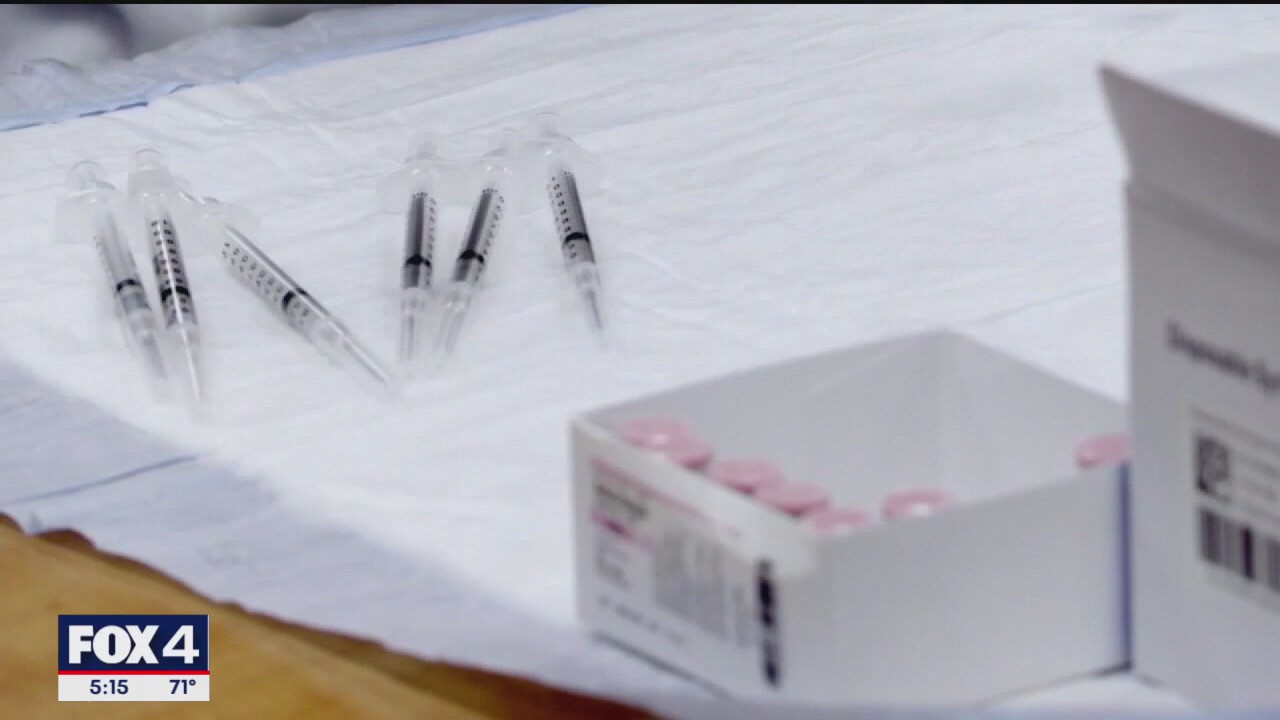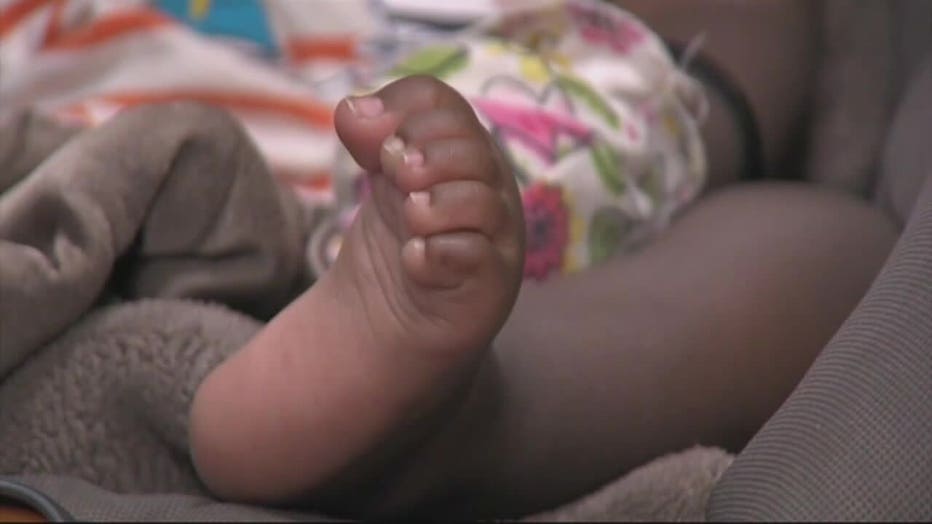Infant RSV cases on the rise in DFW, doctors say

Infant RSV cases on the rise in DFW, doctors say
Respiratory illnesses like RSV and walking pneumonia are on the rise among North Texas children. But there is one silver lining for concerned parents.
DALLAS - Children’s Health has seen an increase in RSV cases for two weeks. The hospital system is also seeing an increase in a type of pneumonia that affects children.
Last week, the hospital’s doctors treated about 366 cases of RSV systemwide. That’s about a 67% increase over the prior week.
"RSV bronchiolitis is the first cause of hospitalizations in infants in the United States," said Dr. Carla Garcia Carreno, the medical director for Infection Prevention and Control at Children’s Health.
Dr. Garcia Carreno said RSV impacts babies more than older children because of the smaller airways in their lungs.

"The younger infants, less than one year of age, are the ones that are most susceptible," she said. "They can have wheezing, audible wheezing, and they may have difficulty breathing."
But there is good news this year. There is a vaccine available to protect the most vulnerable.
"The Nirsevima, which is the immunization we give to the infants, was just made available. FDA approved last year in 2023," Dr. Garcia Carreno said. "We have the RSV vaccine also available for pregnant women in order to protect their babies, their newborns once they are born. And also, we have RSV vaccine for the elderly, which is the other age group at risk for severe disease."
For healthy children and adults, RSV doesn’t pose a risk of hospitalization.
"RSV in a person that is a teenager or a young adult will cause what is similar to a common cold type manifestation," the doctor said.
But people with mere cold symptoms should still be mindful and stay away from vulnerable populations as families gather this Thanksgiving.
"If you’re sick, stay at home," the doctor said.
Featured
Is it flu or COVID? At-home tests can now tell you
While symptoms of the flu and COVID are similar, the viruses that cause each illness are different. New tests this winter season can tell you at home what you’re sick with.
Dr. Garcia Carreno said there is also a bacteria circulating that causes mycoplasma pneumonia or "walking pneumonia," which is typically seen in children over the age of 5.
"But we’re seeing more increase in this in the number of cases for the kids 1 to 4 years of age, which usually is not common to see," she said.
It is spread in the typical way.
"Respiratory secretions by coughing, by sneezing, also by contaminated surfaces that get in contact with these secretions," Garcia Carreno said.
One defense, in addition to handwashing, is getting your annual vaccines.
"So remember, everybody 6 months and older should get the updated doses for COVID and influenza," she said.
After masking and social distancing ended with the pandemic, RSV cases were on the rise in the summer.
Dr. Garcia Carreno said this rise in RSV cases is a return to the more typical seasonality.


